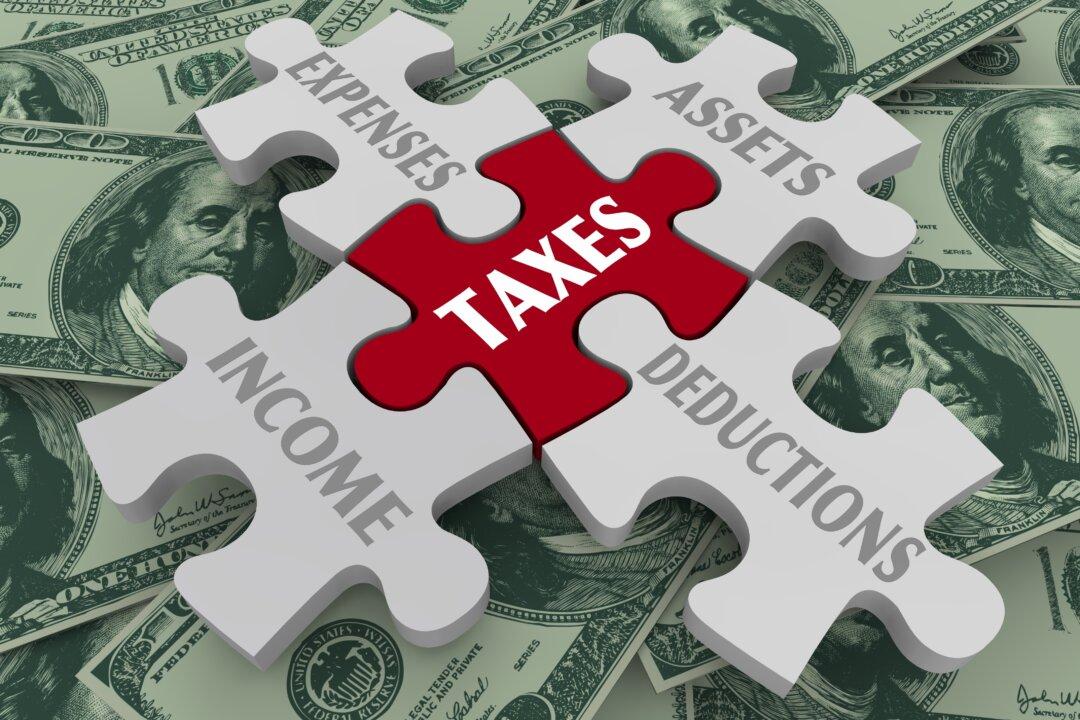Last week, the stock markets around the world fell hard. Besides the U.S. markets, for example, the speculation fever in Japan gave way and the entirety of the 2024 Nikkei market gains evaporated. A combination of waiting for a rate cut from the Federal Reserve, big tech companies’ disappointing second-quarter 2024 financial results, and a weak labor market meant a market meltdown the size of which we have not experienced since the deep correction of 2022.
Is the much ballyhooed “Goldilocks” economy turning out to be a debt-induced recession instead? Too early to tell, but with two out of three Americans living paycheck to paycheck, layoffs and more austerity may just be the straw that breaks the camel’s back in many cases for Americans. If we must “hunker down” further, what choices can we make depending upon our individual financial situations?






